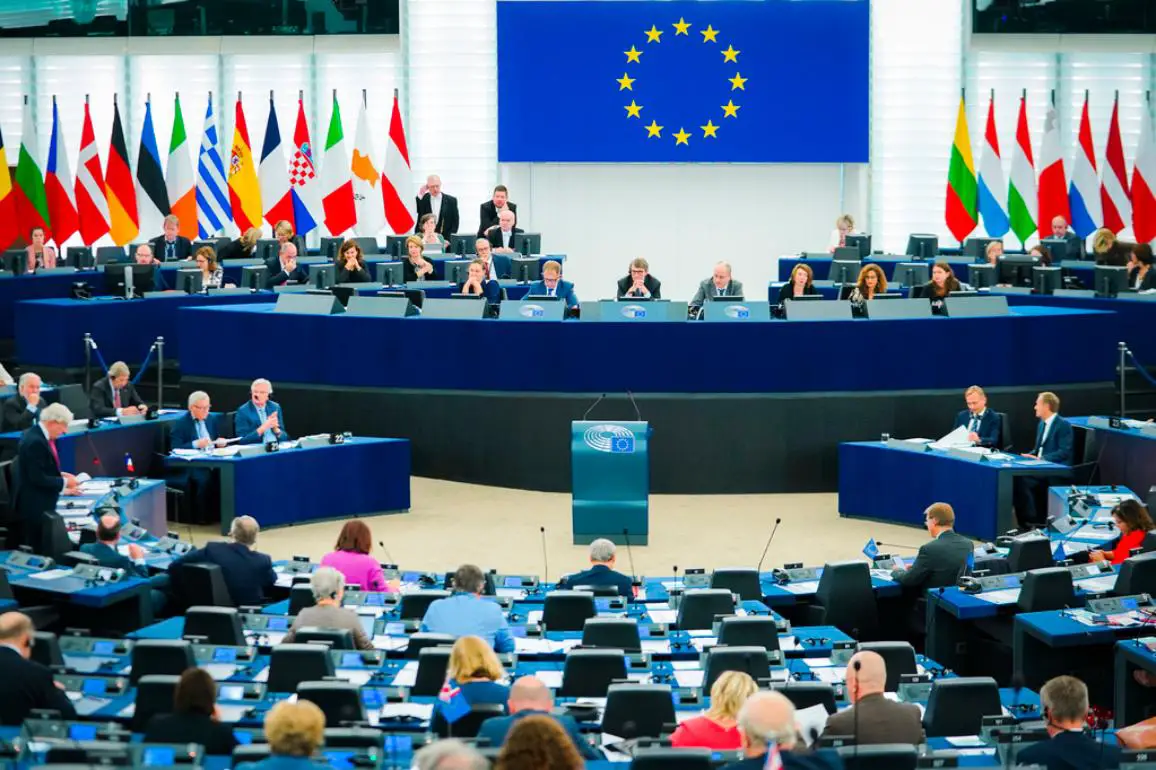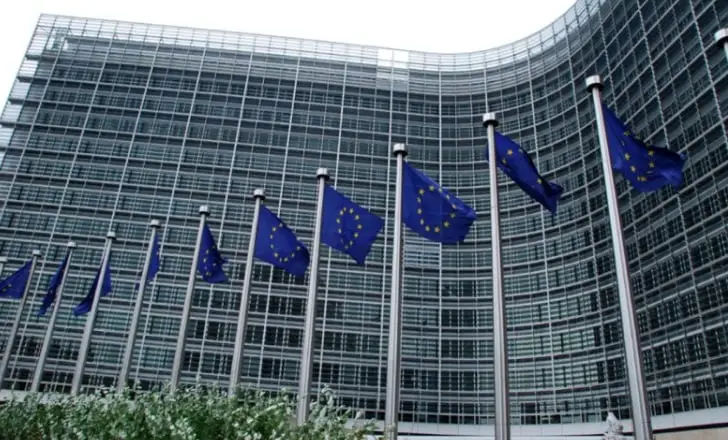EU wants big tech companies like Microsoft or Google to make their profits and taxes public. Large international tech companies with annual revenues of more than 750 million euros and carrying out business activities in the EU will have to make public their profits and the taxes they pay in each member state. This would include technology giants such as Facebook, Google, Amazon, Microsoft, or Netflix, among others.
EU is pushing big tech companies to make their profits and taxes public
Although it is not yet an official measure, a score of member countries has agreed to carry out this initiative in an informal videoconference of the European Council in which the Ministers of Internal Market and Industry of the European Union participated on Thursday. Now, these States will have to formally announce their intention to promote the regulation and take it to the European Parliament to start working on it.
Most of the Internal Market and Industry Ministers of the European Union were in favor of the initiative and asked the Presidency of the European Union Council, currently held by Portugal, to lead the negotiation without delay to be able “to explore with the European Parliament the possibility of a deal for the swift adoption of the directive.”
The initiative was not official because the meeting of the ministers was held remotely, which means that, by law, legally binding decisions cannot be taken, for which the physical presence of the representatives of the States is necessary. It will be the ambassadors of the member countries who will have to approve it officially in the next few days, according to Europa Press.
Companies that earn more than 750 million euros will have to publish a report
The agreement reached on Thursday is based on a 2016 European Commission proposal, in which it was proposed that multinationals exceeding 750 million in annual revenue would have to publish a report for each fiscal year with the fees they paid in each member state.

On that occasion, and on subsequent occasions, the draft did not reach the necessary consensus among member countries, which disagreed with the legal basis of the document. A group of twelve countries, led by Ireland and Sweden, and including Cyprus, the Czech Republic and Hungary, among others, have considered on several occasions that, as it is a matter related to taxation, the proposal should be approved unanimously.
The other countries and the European Commission, however, told that the regulation could be approved by a qualified majority. Because it is not a matter that modifies community tax laws, instead it is a matter of transparency. Now, the number of members who agreed with this second group has increased, which will allow the initiative to be taken to the European Parliament.
“Today’s debate has opened the way for the proposed directive to move forward as a matter of priority,” Pedro Siza, Portugal’s Minister of Economy and Digital Transition, who chaired the meeting of EU Internal Market and Industry Ministers, said during the videoconference.
After this official approval, the proposal will have to go through a series of formalities before it is published as a directive and becomes mandatory. However, Siza’s stated intention to make it a priority could speed up its adoption and mean that large companies will have to publish the requested information in a short period of time.





